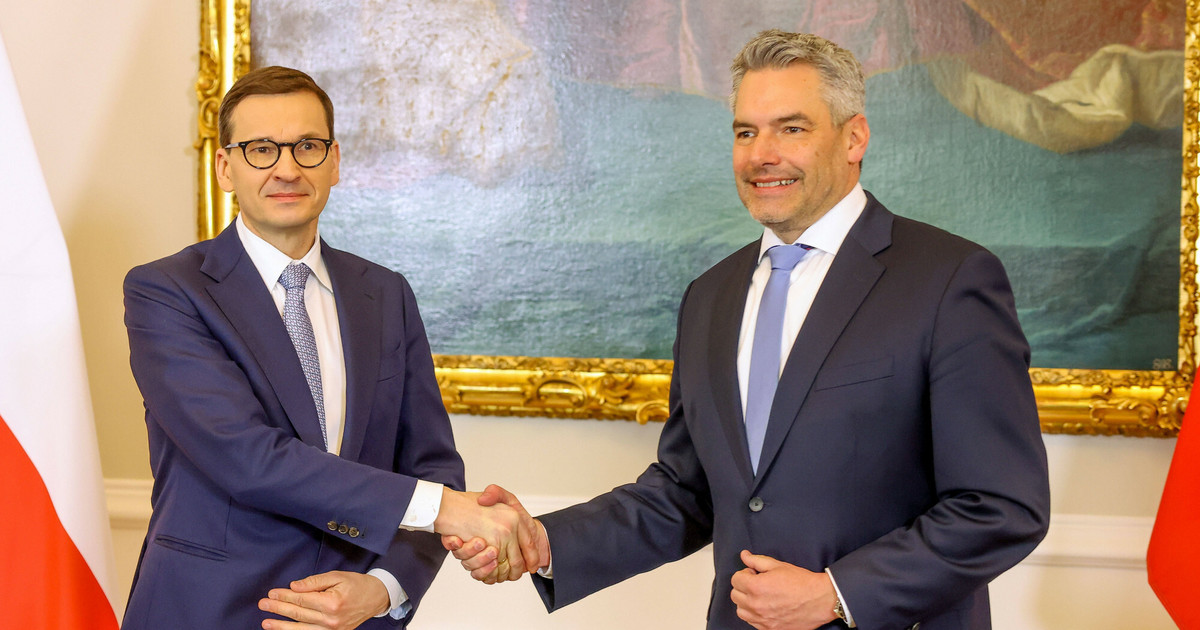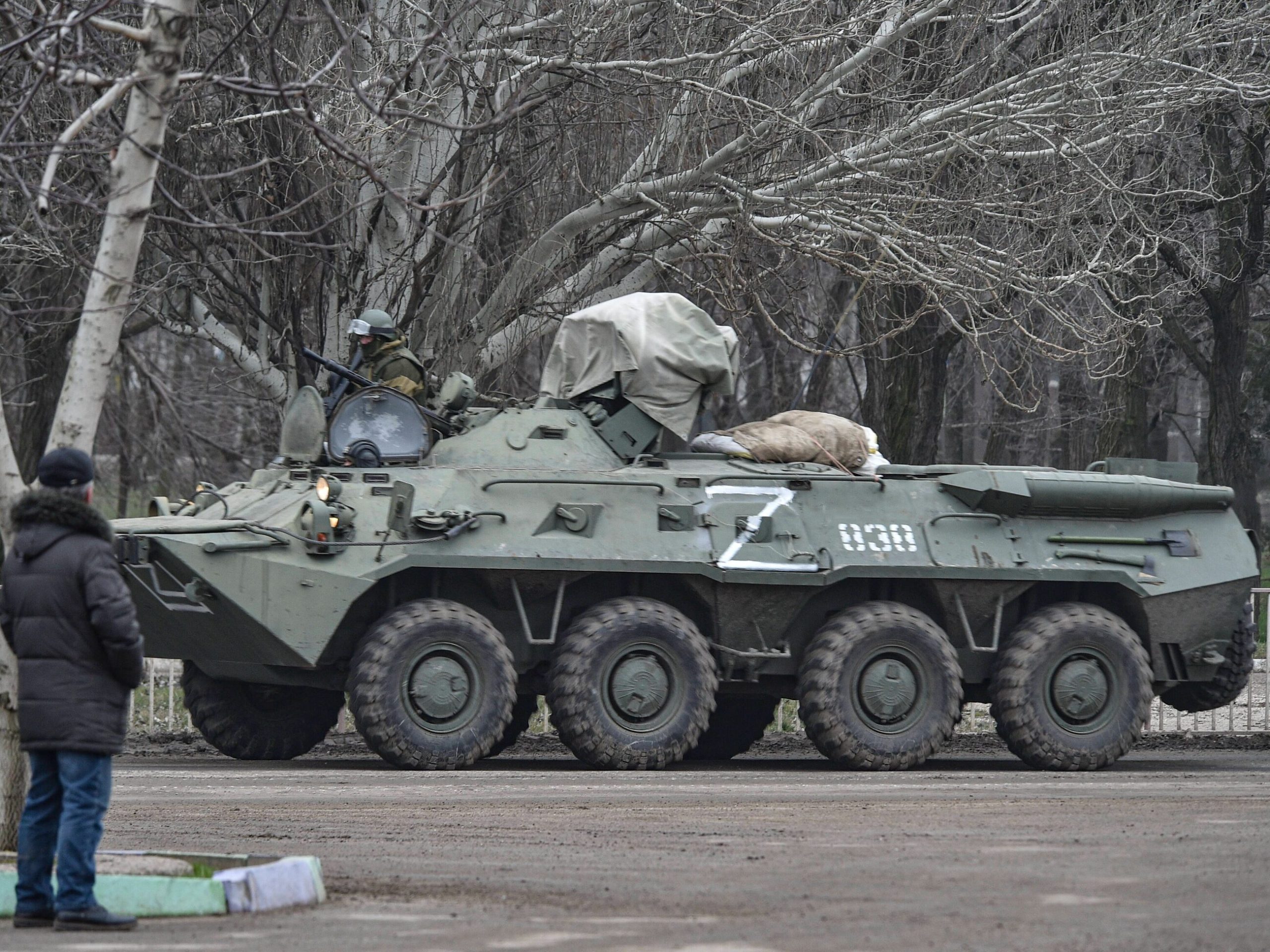Defending against a much larger Russian army showed that Ukraine is more adept at the tech innovation game, said Eric Schmidt, the former head of Google and a technology and innovation advisor at the Pentagon. In his view, future conflicts “may be played out at a computer pace, rather than at a human pace.”
When Russia attacked Ukraine, it had twice the number of troops and its war budget was more than ten times that of Kiev’s defense. Then American intelligence estimated that the Russians would capture the Ukrainian capital within a week or two. However, Ukraine turned out to be “more adept at the game of technological innovations,” – writes in the American magazine “Foreign Affairs” the former head of Google, the Pentagon’s adviser on technology and innovation Eric Schmidt, and in the past he was also the head of the US National Security Council committee on artificial intelligence.
As the expert explains, shortly after the invasion, the Ukrainian government put all of its critical data in the cloud to keep information safe and operational, even if the Russians reduced ministries to dust. The Ministry of Digital Transformation modified the government app Diia so that it became an open system for intelligence data collection, and Ukrainians could upload photos and video recordings of enemy units or their own geolocation data.
Of course, the successes of the Ukrainians in this war stem from their courage and determination, the weakness of the Russian army and the help of the West, but they also stem from the ability to implement innovations, – Schmitt assesses.
Conflicts may happen at the pace of a computer, not at the pace of a human being
The former head of Google claims that “the Ukrainian military makes excellent use of artificial intelligence, the most important technology of our time, among other things, to analyze huge amounts of intelligence data of various kinds: images, videos, data from commercial satellites and more. More than 200 reconnaissance aircraft Drones monitor the battlefield and provide, among other things, the coordination of artillery targets.
AI systems will become more important on the battlefield and become more diverse and useful. Not only will they help make decisions, but they will also learn to decide for themselves, because future conflicts “may happen at a computer pace, not at a human pace,” predicts Schmidt.
Given how dependent modern economies and militaries are on digital infrastructure, it should be assumed that “any potential future war between great powers will most likely begin with a cyberattack,” Schmidt writes. He asserts that in such a situation, cyber security forces would have to act faster than “human reaction time” would require.
Ukraine has learned to adapt cheap “civilian” UAVs for military purposes, as well as advanced military UAVs. Schmidt believes that the war in Ukraine has demonstrated the exceptional usefulness of drones. He predicts that over time, the equipment of special units during urban operations may turn into small aircraft that carry out reconnaissance and become the “eyes and ears” of soldiers, and that water drones will change the nature of warfare at sea.
Ukraine fight. Read the report on TVN24.PL
Ukraine “a testing ground for new military technologies”
Ukraine’s Minister for Digital Transformation, Mykhailo Fedorov, emphasized in an article published on the website of the Atlantic Council think tank that today Ukraine is considered a “testing ground for new military technologies.” He adds that the Ukrainian Armed Forces are being modernized very quickly, and Ukrainian inventions and solutions are also being tested on the battlefield.
Drones used in military reconnaissance have proven so important that their domestic production has increased fivefold since the beginning of the invasion. In addition, with money from 76 countries, Ukraine has acquired another 1,700 drones abroad worth millions of dollars, according to Fedorov.
The Innovation Center of Ukraine’s Ministry of Defense has created the Delta Situation Alert System, which Fedorov describes as “Google Maps for the army.” Delta provides a real-time view of the battlefield in accordance with NATO standards.
Such a system, Fedorov writes, “allows Ukrainian commanders to very quickly adapt to changing conditions and change tactics, and at the same time indicates situations from which the Ukrainian army can take advantage.”
Training of drone operators. About Kyiv, July 29, 2022PAP/Vyacheslav Ratynsky
“Research Materials for Years” for Military Strategists
Conversation portal estimates that “Ukraine is a window to the future of war” because the successes of its armed forces have shown that the outcome of future wars will depend not only on the possession of advanced technologies, but also on the ability to “integrate”. with a coherent (coherent) strategy “of the army.
Scientific American notes that the war in Ukraine proves that big tech companies can play an important role in future conflicts. Russia failed to cripple communications and the Internet in Ukraine, as SpaceX began supplying Starlink mobile internet antennas to Ukrainian forces shortly after the start of hostilities. Formation of Ukrainian reconnaissance drones Aeorzwidka can operate thanks to Starlink.
Canadian company MDA is providing Ukrainian forces with satellite data to report on Russian troop movements. He writes that “tech companies are shaping the course of the war” in Ukraine and “shifting the balance of power,” which could mean that in future conflicts, supporting companies like Meta or Google will be just as important as helping a Scientific American superpower.
The Financial Times writes that Google has supported Ukraine overtly and covertly, for example by occasionally disabling some features of its maps to disguise the movements of Ukrainian forces. Microsoft has provided Ukrainians with cybersecurity solutions. The solutions Ukrainians have come up with in this war will save “military losses with research material for years,” and, when the war is over, may give Ukraine a way to build a world-class technology sector, the Financial Times concludes.
Main image source: PAP/Vyacheslav Ratynsky

“Coffee enthusiast. Troublemaker. Incurable introvert. Subtly charming twitter scholar. Award-winning social mediaholic. Internet buff.”




![Corona virus in Poland - infection map, how many vaccinations? How many new cases have been detected? [15 grudnia 2021]](https://www.moviesonline.ca/wp-content/uploads/2021/12/Corona-virus-in-Poland-infection-map-how-many-vaccinations.jpeg)


